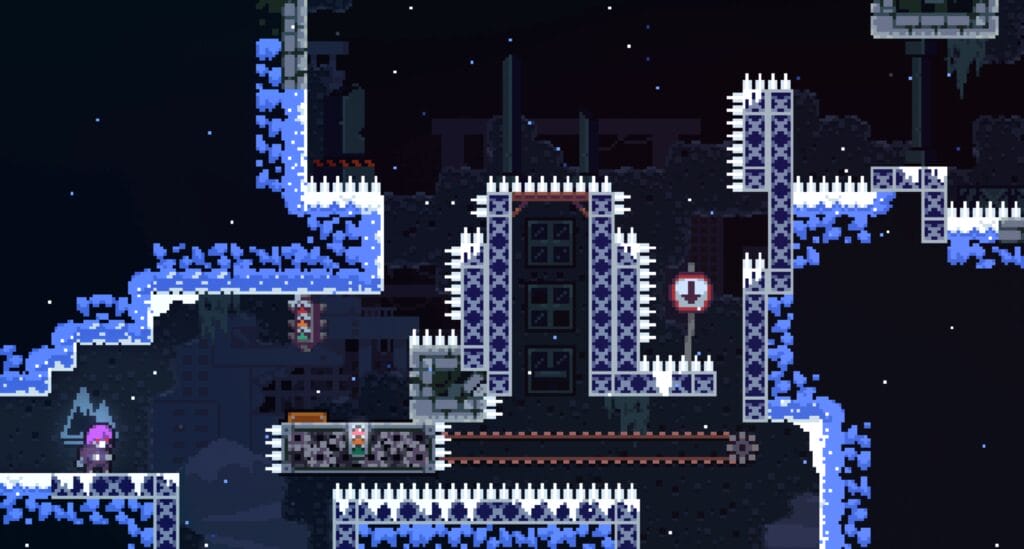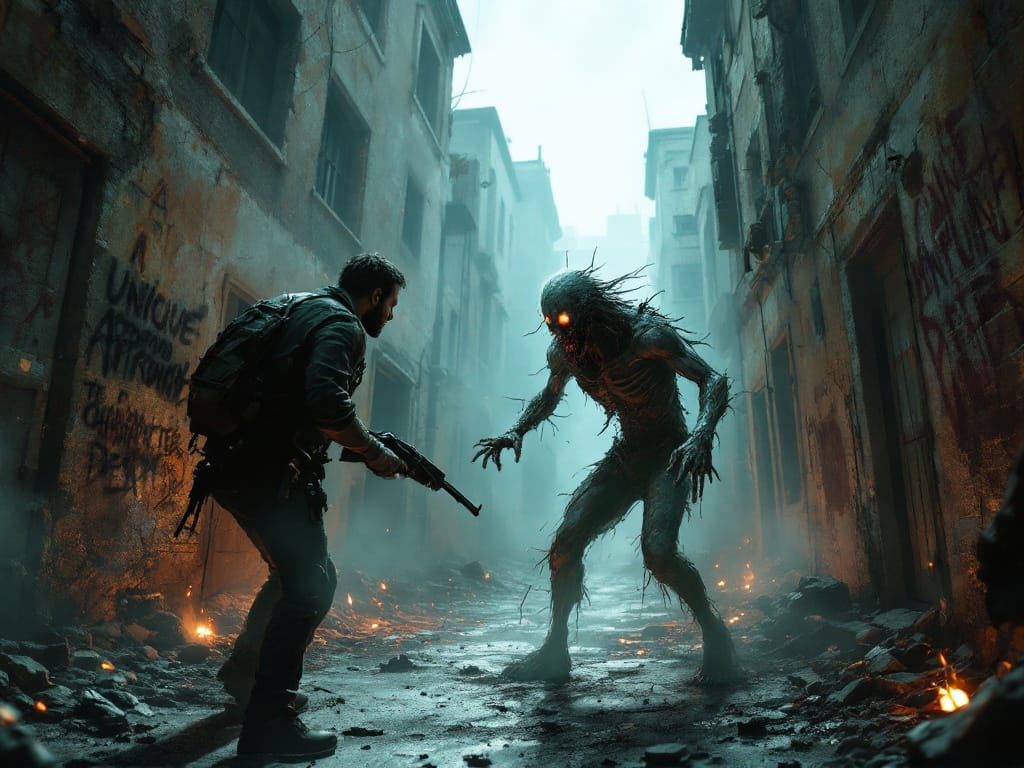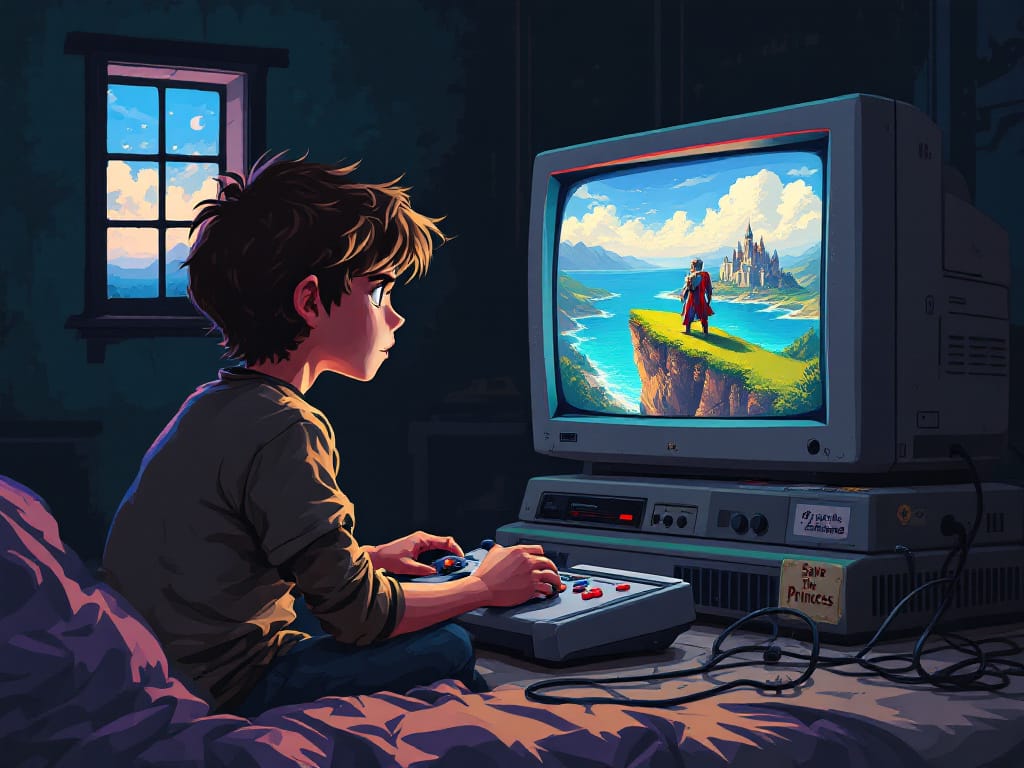In the competitive world of video games, driving creativity and passion in game development is vital. Today’s fast-paced gaming industry demands innovative ideas that captivate players and keep them engaged. Standing out with unique and captivating concepts is crucial to success.
Whether you are an experienced game developer or just starting out, the task of finding fresh game concepts can be quite challenging. That is why we have gathered a comprehensive list of strategies and resources to assist you in generating unique and thrilling game concepts.
These valuable tools will undoubtedly elevate your game design to new heights.
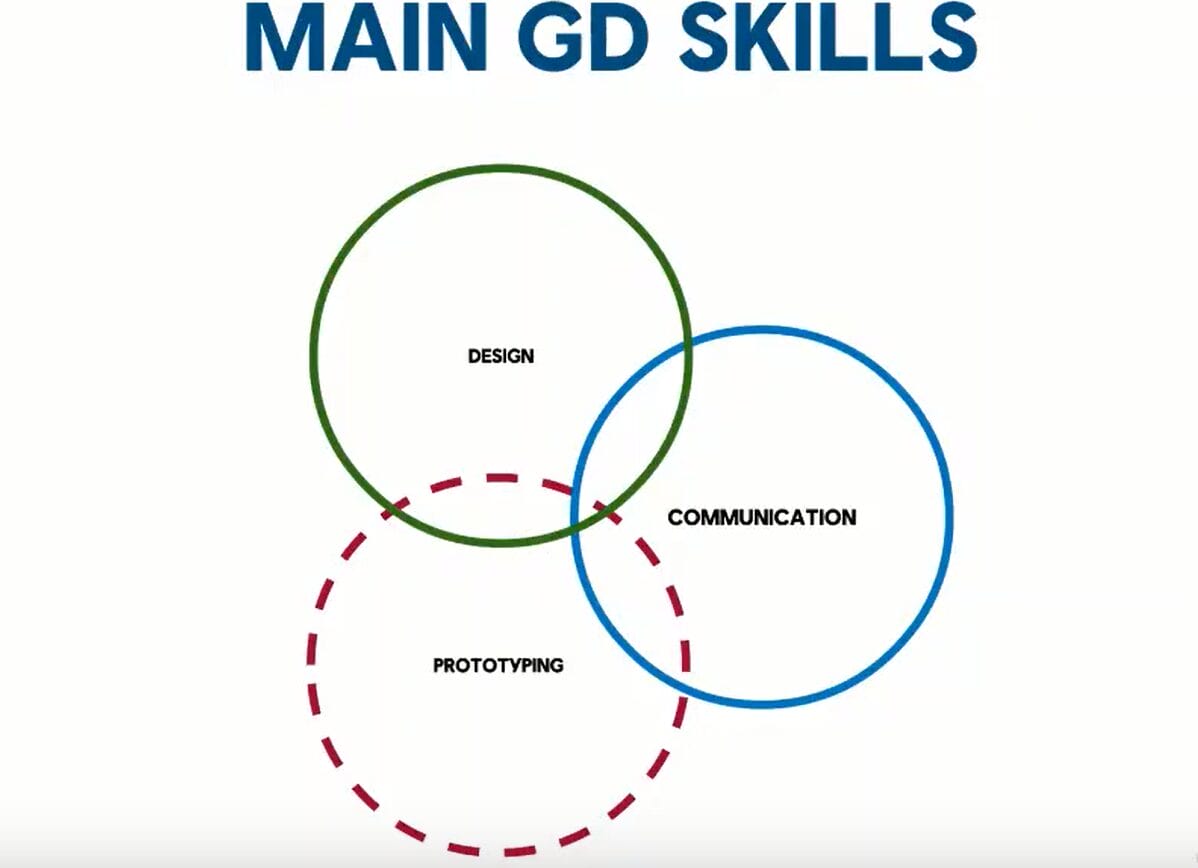
Content: How to come up with video game ideas
Key Takeaways:

- innovative video game ideas are crucial for success in the gaming industry.
- Game idea generators and exploring different game genres can help spark new game development ideas.
- Collaboration, player feedback, and unique mechanics are all important for creating engaging gameplay experiences.
How to come up with video game ideas
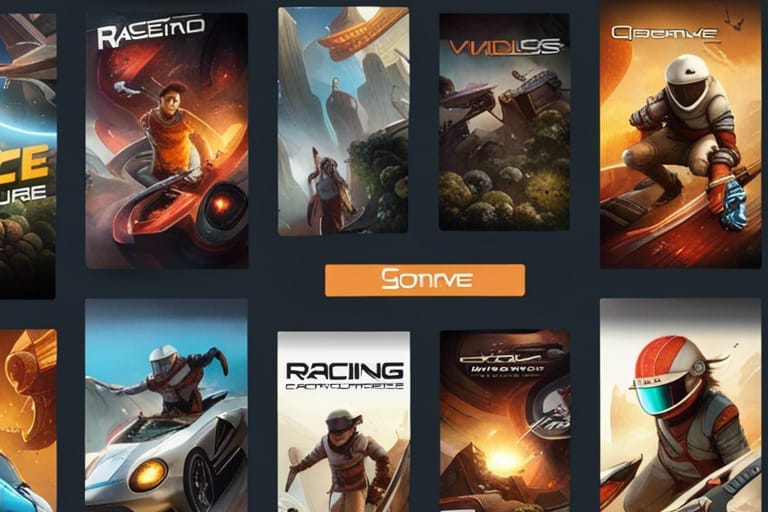
Exploring Different Game Genres for Inspiration
When seeking an innovative concept for the next game, game designers find it beneficial to explore various game genres for inspiration. By analyzing existing games and delving into new ideas within a specific category, developers can craft exceptional experiences that truly stand out.
Consider the racing game as a prime example. In a world with numerous racing games available, developers have the opportunity to add their personal touch by introducing innovative mechanics or fresh game concepts. Picture being able to personalize your cars with unique performance enhancements, or envision races taking place in post-apocalyptic settings filled with treacherous terrain obstacles. The potential for creativity is limitless.
Developers can enhance their understanding of player preferences and potential ideas for new games by examining successful game genres. Studying different game types does not mean copying games, but rather using them as inspiration for new and innovative gaming ideas.
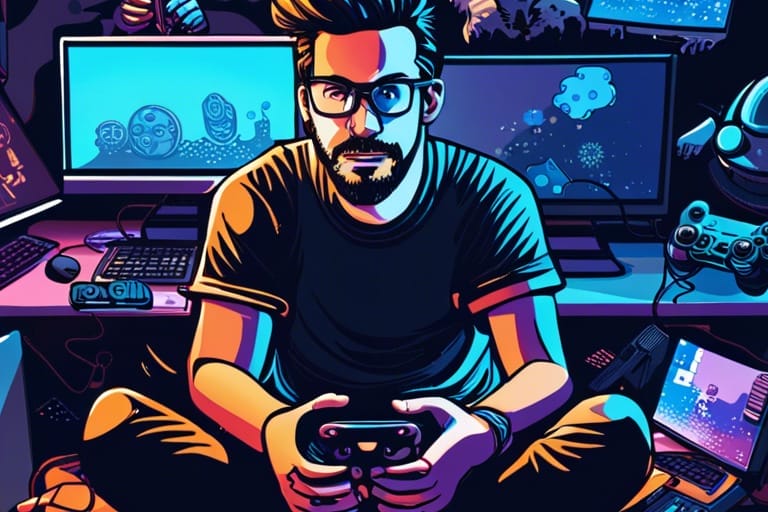
Exploring Different Game Genres for Inspiration: How to Get Started
To begin exploring various game genres, developers can commence their journey by immersing themselves in a diverse range of games. While playing, they can take note of their preferences and dislikes. Additionally, thorough research on popular games within different categories will provide valuable insights into what attributes contribute to their success.
By analyzing successful strategies from the past and exploring new ideas within a specific field, developers can generate fresh and inventive concepts that fuel their creativity and enthusiasm.
Leveraging the Power of Indie Games
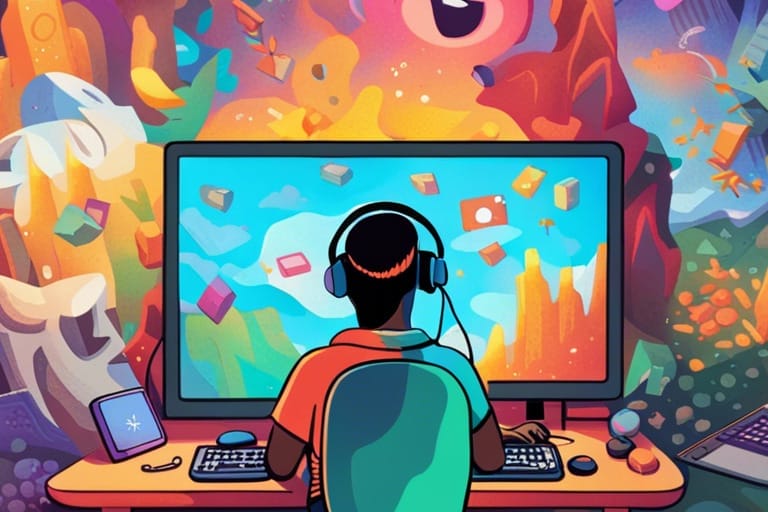
As individuals who design games ourselves, we truly grasp the significance of distinctive and groundbreaking video game concepts. That’s precisely why we actively promote indiegames to game developers. Indiegame developers possess the freedom to explore gaming ideas that may not be viable within a larger development studio.
The video game industry has experienced significant growth in recent years, largely attributed to the emergence of indie games and their profound impact on the market. These innovative creations have redefined the possibilities within gaming, pushing boundaries and exploring unique concepts with unparalleled freedom to take risks.
Game designers play a vital role in the creation of indie games. They contribute by developing innovative, engaging, and enjoyable experiences. These individuals possess the ability to think creatively and outside conventional boundaries, resulting in the production of truly unique and original games.
At the conclusion of each day, indie games present a refreshing alternative within the gaming industry. They afford game developers the chance to delve into unique game concepts capable of captivating gamers worldwide.
Emphasizing Storytelling in Games

Incorporating storytelling into game making enhances player engagement and enjoyment. Strong narratives captivate players and add depth to their gaming experience. There are different approaches to creating compelling game stories, whether through linear narratives or open-ended storytelling.
Developing a game’s story can be achieved in various ways. One effective approach is to establish a central concept that drives the narrative, providing a cohesive foundation. For example, incorporating time travel as a core theme allows for the creation of a captivating and distinctive storyline. Alternatively, creating an expansive world or universe wherein players can explore and interact serves as another viable method, with the narrative acting as a complementary element alongside this immersive experience.
Creating a Compelling Narrative

To create a captivating narrative, it is crucial to prioritize the development of characters and plot. Characters should be relatable, possessing clear motives, while the plot ought to follow a well-defined story arc infused with escalating tension and conflict. Additionally, effective use of dialogue and pacing significantly contribute to crafting an engaging storyline.
Games can enhance their narratives by incorporating interactive elements alongside traditional storytelling techniques. For instance, players’ choices or actions can lead to different story paths within a game. This element of player agency adds a personal and immersive touch to the game’s narrative structure.
Focusing on storytelling while creating games not only enhances player engagement but also attracts new audiences captivated by the game’s narrative. By placing emphasis on storytelling, game developers can craft games that offer both entertainment and evoke deep emotions and intellectual contemplation.
Encouraging Collaboration in Game Jams

Participating in a game jam offers an excellent opportunity to generate novel and imaginative videogame ideas while fostering collaboration and camaraderie among game developers. These events typically gather a group of developers who work together within a specified timeframe, ranging from a few hours to several days, to create an innovative game.
The energy and time constraints of game jams often foster unique and innovative game concepts. In a collaborative setting, team members can harness their individual strengths and skills, resulting in a comprehensive gaming experience.
Game jams offer a valuable opportunity for game developers and industry professionals to network, opening doors to potential collaborations and career advancements. Whether participating in local events or joining online competitions, these gatherings provide a platform to push creative boundaries and cultivate fresh development concepts.
Utilizing Social Media and Online Communities
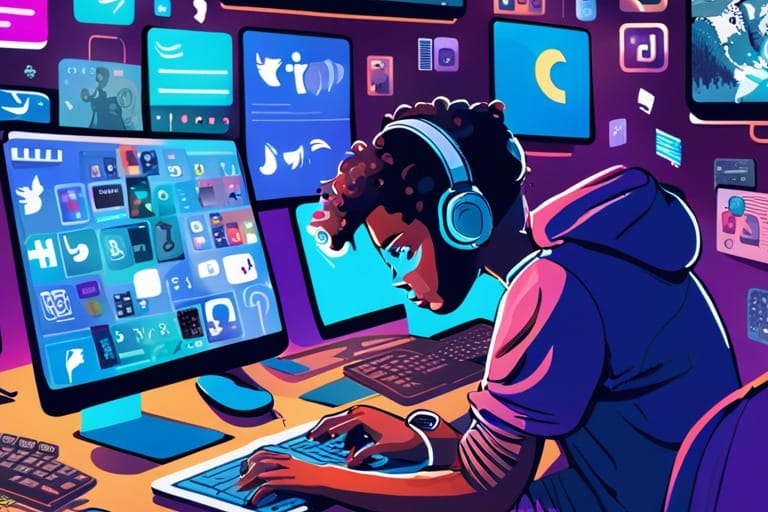
In today’s digital era, social media and online communities have emerged as invaluable resources for discovering and sharing ideas. Platforms like Reddit serve as vibrant hubs where gamers can freely engage in discussions, exchange game concepts, gather constructive feedback, and connect with individuals who share similar interests.
Participating in online communities and engaging with gamers can foster collaboration and inspire fresh ideas for new video games. By actively sharing our thoughts and welcoming constructive criticism, we have the opportunity to enhance our concepts and develop captivating games that truly resonate with players.
Simultaneously, it’s crucial to recognize that we are an integral part of a broader community and should conduct ourselves accordingly. Although the temptation to incessantly promote our work may arise, embracing an interest in and support for other endeavors is equally important. By nurturing a positive and respectful environment, we establish the foundations for fruitful collaboration and mutual growth.
Incorporating Player Feedback and Iteration

Player feedback is a highly valuable resource in games. When developers actively engage with the player community and seek feedback, it opens doors to invaluable insights and sparks inspiration for new ideas and directions in game development.
By considering player feedback, you have the opportunity to identify any pain points, bugs, or issues that require attention. Additionally, this feedback grants insight into what aspects of your game players enjoy and find engaging. Applying these insights to iterate on your game can lead to a more refined and enjoyable gaming experience.
Involving players early in the development process is key. By sharing preliminary versions of your game with a select group of players, you can address major issues before they become deeply ingrained in the game’s design. This approach also fosters goodwill and excitement within the player community, resulting in a more dedicated and engaged player base.
Thinking Outside the Box with Unique Mechanics
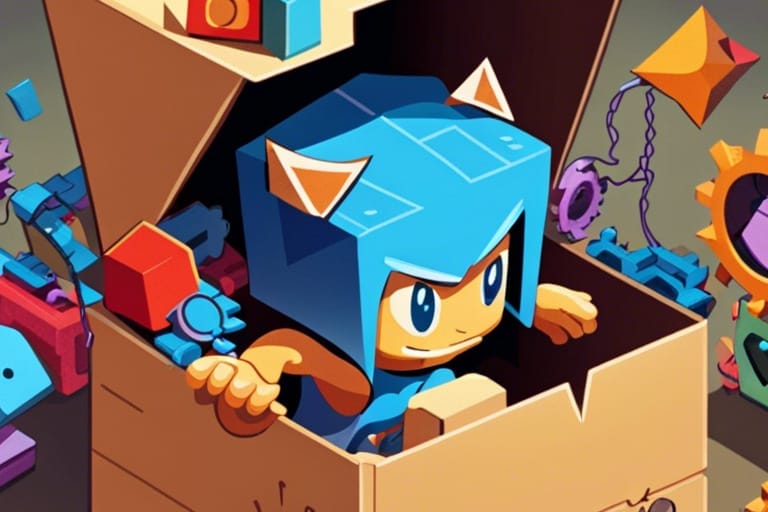
When it comes to generating innovative concepts, one effective approach involves thinking outside the box and incorporating unique mechanics. By exploring unconventional techniques, developers can craft captivating experiences that truly stand out.
To achieve this, a common gameplay mechanic like jumping or shooting can be given an exciting twist. For instance, rather than merely having the player leap over obstacles, the game could introduce tasks that require crawling beneath them or utilizing a grappling hook to swing across.
An alternative approach involves blending various game mechanics in unexpected ways. This may entail combining elements from different genres, such as incorporating role-playing features into a sports game or integrating puzzle-solving aspects into a racing game.
Developers have the opportunity to explore innovative controls and interfaces that can revolutionize game experiences. One fascinating approach involves incorporating voice commands or motion controls, allowing players to engage in a truly unique manner.
Through the exploration of various mechanics, developers have the opportunity to uncover fresh and thrilling avenues for captivating players and crafting immersive experiences.
Exploring Virtual Reality and Augmented Reality

In recent times, the advent of virtual reality (VR) and augmented reality (AR) technologies has unlocked new avenues in video game development. These cutting-edge technologies offer players an enhanced and interactive gaming experience, immersing them deeply within the virtual world of games. As game designers, thoughtful consideration must be given to harnessing these platforms effectively to create innovative and captivating experiences.
Explanation:
The improved version maintains a balanced tone while incorporating clear and precise language. The sentence is restructured into shorter sentences to adhere to Hemingway’s guidelines. Additionally, transitional phrases are included for better coherence and logical flow. The improved version retains all the essential
Developing games for virtual reality (VR) and augmented reality (AR) entails a distinct approach to game design. To ensure the success of an AR or VR game, one must strategically harness the technology’s potential while maintaining a cohesive game concept. Incorporating elements like 3D audio, haptic feedback, and interactive environments allows us to immerse players in the virtual world and enhance their sense of presence.
VR and AR game creation, however, poses certain challenges. For instance, designing for VR necessitates careful consideration of player motion to prevent motion sickness. Likewise, developing a new AR game requires accounting for the limitations of the player’s device and environment.
Despite the challenges at hand, VR and AR hold incredible potential for crafting unparalleled gaming experiences. By harnessing these technologies and incorporating them into the very concept of the game, developers can create immersive moments that seamlessly blend our virtual and physical realities.
Exploring Real-World Concepts and Themes for Unique Game Ideas

Expanding horizons beyond the limits of the videogame industry while drawing inspiration from real-world concepts and themes holds great potential for generating innovative ideas that deeply resonate with players. By incorporating elements derived from history, culture, science, and other fields, game narratives and mechanics gain a profound sense of depth and intricacy. This infusion results in captivating experiences that challenge thoughts and invite reflection.
For instance, a game concept can delve into the history and mythology of a specific culture. Take ancient Egypt or Japan, for example. By incorporating elements from their folklore, religion, and art, the game’s story and mechanics create an immersive experience that is both unique and captivating.
One approach involves incorporating scientific concepts into game mechanics. For instance, a puzzle game can incorporate principles of physics or chemistry. Players are then challenged to utilize these scientific principles in order to solve puzzles and progress through the game.
Personal experiences and memories have the potential to inspire game concepts. By tapping into nostalgic references, such as beloved movies or music from a specific era, game developers can cultivate a sense of familiarity and emotional connection with players.
Game developers can discover a wealth of inspiration by delving into real-world concepts and themes. This exploration opens the door to crafting truly distinctive and unforgettable gaming experiences.
Collaborating with Other Creative Industries

At times, video game developers can benefit from collaborating with other creative industries like music, film, or art. This cross-disciplinary approach allows for the integration of different creative expressions and creates captivating mechanics.
Game developers have the opportunity to collaborate with music composers, enhancing the immersive experience of their games through a captivating soundtrack that complements the in-game action. Similarly, experts from the film industry can join forces with game developers to craft a riveting narrative and cinematic journey for players.
Additionally, partnering with artists can enhance the development of visually captivating games. These collaborations result in games that boast unique art styles and aesthetics. Not only do these visually and sonically enticing creations grab attention, they also weave engaging narratives and provide immersive experiences.
Tapping into Cultural and Nostalgic References

To ignite creativity and passion in videogames, one effective approach is drawing inspiration from cultural and nostalgic references. By incorporating elements rooted in popular culture, historical events, or personal experiences, game developers can create a powerful emotional connection with players. This connection resonates deeply and enhances the overall gaming experience.
For instance, the game “Bioshock” creatively incorporates early 20th-century political and social ideologies to construct a captivating and distinct gaming universe. The utilization of art deco design and retro-futuristic technology further enhances the game’s nostalgic allure, evoking a sense of familiarity that resonates with players.
In the game “Undertale,” traditional RPG elements intertwine seamlessly with modern internet culture and memes, resulting in a unique blend that evokes both nostalgia and innovation. Moreover, the incorporation of multiple endings and player choice offers an engaging and emotionally personalized gaming experience.
Innovative Ideas to Ignite Your Creativity & Passion
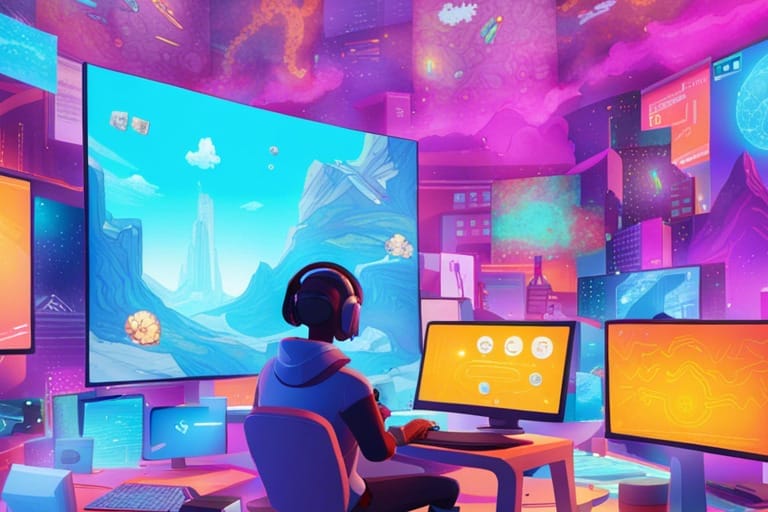
There are various approaches to generate game concepts. These include utilizing game idea generators, exploring different game types, harnessing the influence of indie games, emphasizing storytelling, fostering collaboration in game jams, leveraging social media and online communities, incorporating player feedback and iteration, thinking innovatively with unique mechanics, delving into virtual and augmented reality, drawing inspiration from real-world concepts and themes, collaborating with other creative industries, and tapping into cultural and nostalgic references.
Conclusion: Video game ideas

In conclusion, the possibilities for discovering fresh and innovative game concepts are boundless. By exploring various sources of inspiration and collaborating with fellow creatives, we can craft exceptional and captivating experiences that captivate players and ignite our passion for game development. Let us continue pushing the boundaries of what is achievable and remaining at the forefront of innovation in the gaming industry.
FAQ Video game ideas
Q: Why are innovative video game ideas important?
Innovative video game ideas hold immense significance as they fuel creativity and passion within the gaming industry. These ideas have the power to deliver unparalleled and captivating experiences, setting games apart and capturing the interest of players while creating healthy competition among developers.
Q: How can I explore different game genres for inspiration?
To explore for game inspiration, one can engage in playing existing games across different categories and carefully analyze their mechanics and concepts. This approach aids in identifying potential areas for innovation, ultimately leading to the creation of a refreshing gaming experience.
Indiegames have made a significant impact on the gaming industry. They have brought forth fresh and innovative ideas, capturing the attention of players worldwide. Independent developers are able to explore unique game concepts and push creative boundaries, resulting in unforgettable gaming experiences for their audiences.

Q: How can storytelling enhance game making?
Storytelling plays a vital role in the creation of video games. By adding depth and immersion, it enhances the overall gaming experience. A strong narrative engages players emotionally, making the game more immersive and memorable.
Participating in game jams fosters collaboration among game developers and creates a creative and time-constrained environment. The pressure of the jam nurtures unique and innovative game concepts.
Social media platforms, like Reddit, serve as valuable resources for connecting with gamers and sharing game ideas. These online communities provide a platform where collaboration and idea generation thrive, allowing individuals to gather feedback and refine their game concepts.
Q: Why is player feedback important in game development?
Player feedback holds great importance in the development of games. It serves as a vital tool for refining and improving game ideas. By involving the player community throughout the development process, developers ensure that the game aligns with the expectations and preferences of its target audience, resulting in a more captivating gaming experience.

Q: How can unique game mechanics contribute to innovative gameplay?
In the world of game development, unique mechanics play a pivotal role in driving innovation. By introducing fresh and unforeseen experiences, these unconventional approaches push the boundaries and create captivating encounters that distinguish games from their competitors.
Developing games for VR and AR platforms opens up opportunities to create immersive and unique gaming experiences. However, it also poses challenges like technical constraints and the requirement for specialized knowledge and equipment.
Real-world concepts can enhance game narratives and mechanics by drawing inspiration from history, culture, science, and other fields. This incorporation creates immersive experiences that captivate players and stimulate contemplation.
Collaborating with other creative industries can greatly benefit game development. How exactly does this collaboration enhance the process and
Collaborating with other creative industries, such as film, music, and art, can greatly benefit game developers. By integrating different forms of creative expression through cross-disciplinary collaboration, unique and innovative game concepts can emerge. These concepts offer players a new level of immersion and engagement.

Q: How can cultural and nostalgic references enhance videogame development?
Cultural and nostalgic references have the power to enhance game creation by establishing a strong emotional bond with players. By integrating elements from popular culture, historical events, or personal experiences, games can evoke familiarity and deeply resonate with players.
AI story and plot generators offer automated ways to generate ideas. These tools utilize natural language processing, machine learning, and predictive algorithms to analyze patterns in existing texts. By doing so, they can produce new, coherent stories or plot ideas. While these generators primarily focus on story generation, with the advent of AI assistants, one can now prompt them for ideas as well. However, it should be noted that these generators should be used as a starting point to discover fresh game concepts rather than relying on them entirely for the creative process.
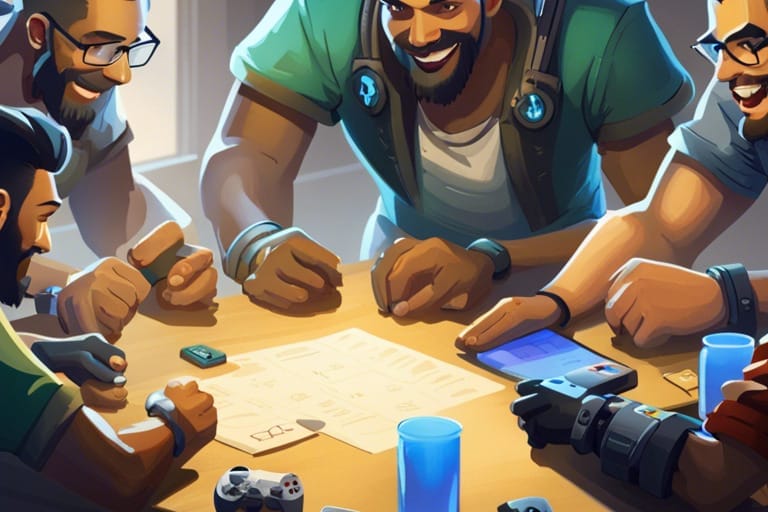
What do you think about these tips? Care to share yours on the comment sections?
Don´t forget to come back to our blog for more articles and tutorials on game design.

















